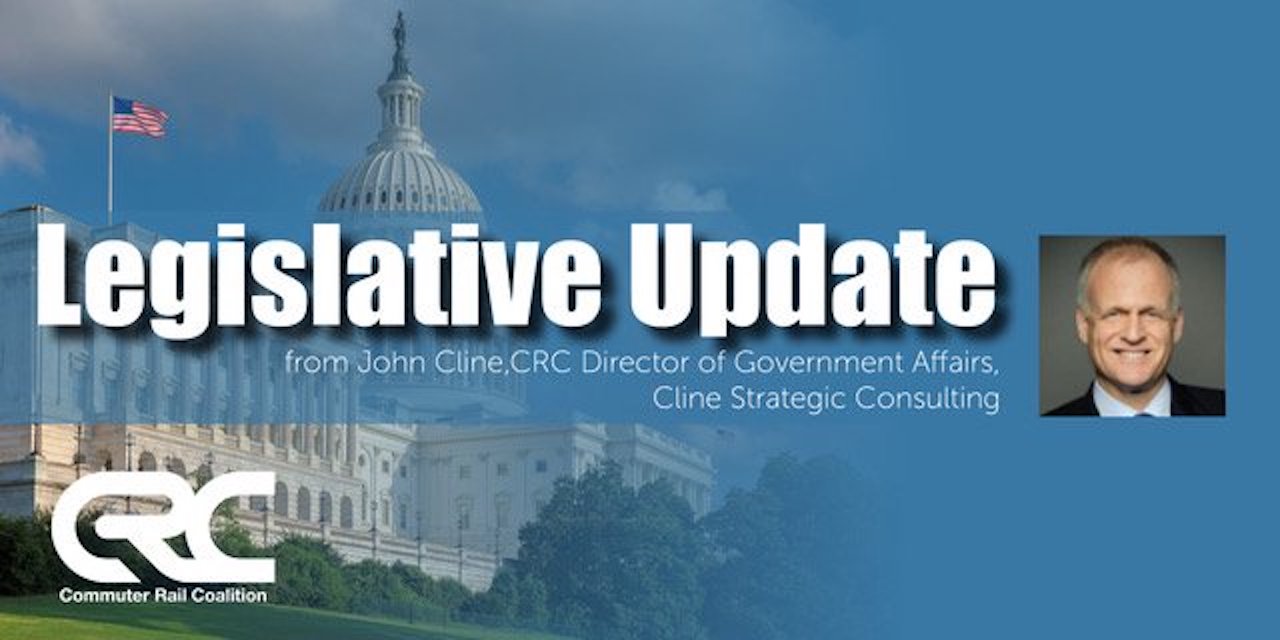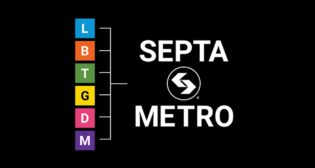
FY24 Appropriations Process Look-Ahead
Written by John Cline, CRC Director of Government Affairs, Cline Strategic Consulting
When Congress returns from their August recess, they will have their hands full with the FY 2024 Appropriations process. With the end of the fiscal year quickly approaching on Sept. 30 and bills still moving through the committee process in both bodies, a Continuing Resolution will certainly be necessary to avoid any disruptions in government programs and funding.
Action in both the House and Senate appropriations committees has occurred. On Thursday, July 20, the Senate full Committee on Appropriations approved their Fiscal 2024 Transportation-Housing (“THUD”) appropriations bill (S.2437) by a unanimous vote of 29-0. When compared with the House Appropriations Committee-passed bill, it is far more generous and far less contentious. Neither the House nor the Senate moved their THUD bills to the floor for passage; it is anticipated that the House Republican leadership will do so in September and it is still unclear if the Senate Democratic leadership will move some or any of their appropriations bills to the Senate floor once they have moved through committee.
The contrast between the approach the House and Senate employed for their respective THUD bills was rather stark, considering they both faced the same challenging budget scenario. Going into the FY 24 budget/appropriations cycle, it became clear early on that HUD had a $7.6 billion fall off in mortgage application fee receipts, combined with an increase in public housing vouchers of more than $3 billion. So, with a hole of over $11 billion facing THUD appropriators as they began their process, it made for a very difficult situation. The approach each body employed in response to these circumstances was very different.
In addition to an already constrained financial picture, House Republican leadership agreed to demands from conservative members in their caucus to lower overall government spending by $119 billion beyond what had been agreed to in the debt ceiling measure negotiated with President Biden. This led to a very low allocation for THUD.
The solution that House appropriators came up with was first to rescind $25 billion of a total of $80 billion in new spending for the Internal Revenue Service that had been included in the Inflation Reduction Act enacted last summer, and second to cut DoT appropriations by $7.1 billion, including significant cuts to FTA’s CIG program. House Appropriators could not cut the Advance Appropriations for the funding programs they targeted, so they relied on cutting annual appropriations for those programs.Under the Infrastructure Investment and Jobs Act (“IIJA”) most of the major grant programs received significant increases in funding through a rather new approach (new to transportation funding) known as Advance Appropriations – and these increases in funding continue each year of the authorization under the IIJA. When combined with annual appropriations for those programs, it represented significant growth in spending overall. Because cutting Advance Appropriations does not yield budget credits that can be used to offset other spending, appropriators were left with only cutting the annual appropriations.
In the Senate, things were very different from the beginning. First, the Democratic leadership allocated to the THUD bill, $88.1 billion, which meant that cuts were not necessary. However, in order to increase overall spending, the Senate appropriators designated $10.4 billion of HUD spending as “unanticipated emergencies”, which makes those appropriations not subject to the budget ceiling. This of course is one of the much talked-about budget gimmicks because emergency spending is first and foremost defined as an unanticipated spending requirement, such as hurricane relief, or a military conflict. An annual recurring cost likely does not fit that definition, but it does not appear anyone so far is raising a point of order. Look for someone like Senators Rand Paul (R-KY) or Mike Lee (R-UT) to do so when/if these bills arrive on the Senate floor.
It is also worth noting that when the House Committee on Appropriations moved forward to pass the THUD bill on July 18, the mark up turned into a seldom seen in public view committee fight between Republicans and Democrats; the bill ultimately was passed along party lines.
The mood turned sour when Ranking Member Mike Quigley (D-IL) offered an amendment to strike nine policy-related general provisions from the bill. The most noteworthy of these policy provisions included a ban on implementing guidance the Federal Highway Administration issued on greenhouse gas measurement. Also included in the package was the Republican perennial target – a ban on any further federal funding for the California high-speed rail project. Mr. Quigley’s amendment failed along party lines.
Transportation-Housing Subcommittee Chairman Tom Cole (R-OK) then offered a set of amendments that included typical issues, such as a ban on federal funding being used for tolls on Interstates in Oregon, but then there were a number of other amendments that can best be deemed as culture war amendments. In particular was language to strike three earmarks from the Housing title of the bill that although they had been reviewed by bipartisan staff and approved to be included in the bill were nonetheless the target of objections. All three were related to LGBTQ projects or programs that had been requested by Democratic members.
Democrats were furious. Full committee Ranking Member Rosa DeLauro (D-CT) pointed out that not only were all three projects eligible for funding under the community block grant statute, but they also met the requirements of the appropriations committee that had been articulated by the committee. DeLauro stated the projects were being targeted by members who were not on the appropriations committee and referred to them as “legislative terrorists.” That led to Republican demands that her statement be withdrawn under House requirements forbidding members from insulting each other.
The committee recessed to discuss how to proceed and when they returned, Congresswoman DeLauro apologized and withdrew those words specifically. This was followed shortly thereafter by more controversy surrounding remarks by Congresswoman Debbie Wasserman Schultz (D-FL). Following more debate, the committee finally voted on Chairman Cole’s amendment; it passed along party lines. Ranking Member Quigley immediately attempted afterwards to restore the three earmarked projects but after long debate, the motion failed, again along party lines.
The Senate markup could not have offered a starker comparison. The Senate THUD bill passed unanimously with no controversies. Clearly this reflected the efforts of full committee Chairwoman Patty Murray’s (D-WA) and Ranking Member Susan Collins’ (R-ME) to achieve a bipartisan outcome.
It does not appear possible that the 12 appropriations bills will be passed and signed into law prior to September 30th, and in fact, it seems apparent that Congress will need many weeks, if not several months to resolve all 12 bills. Hanging over the heads of Congress is the potential for a one percent across the board sequestration, if they fail to enact the bills by Dec. 31. This agreement was included in the debt ceiling bill negotiated with the President earlier this summer.
This debt ceiling bill provision provides a three-month buffer beyond the conclusion of the current fiscal year on Sept. 30 to reach an agreement. And while one percent may not seem like much, the cut is applied to the current FY 23 funding levels. So, taking into account the effects of inflation, the cuts are much more severe than they might otherwise appear. The coming weeks and months will be interesting. It is fair to say that the DoT and FTA final appropriations will more closely resemble the Senate version, but we should not assume this. Be sure to communicate to your Congressional members your views on the proposed bills.



